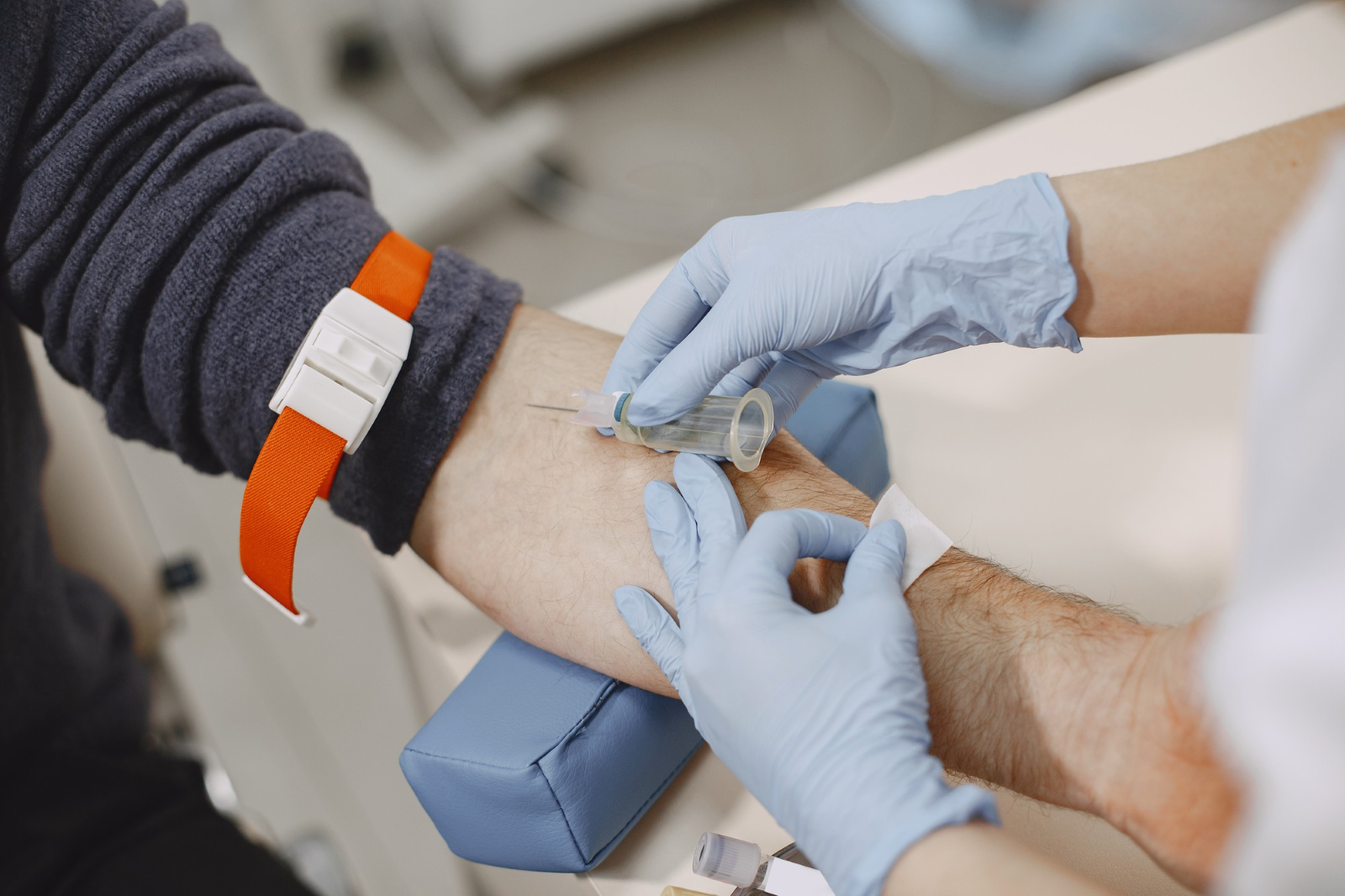Anti-CCP is crucial in the context of rheumatoid arthritis. Gaining knowledge about anti-CCP can illuminate its impact on health. Learning about this marker can help you understand your body better and make informed decisions. Let’s explore what it means and how you can manage its effects.
Introduction to Anti-CCP Antibodies
Anti-CCP antibodies are proteins made by your body’s immune system. They are relevant because they target specific proteins in your joints. When these antibodies are high, it often means your body is mistakenly attacking its tissues.
These antibodies are a marker for a disease called rheumatoid arthritis. Rheumatoid arthritis is a condition where your joints can become swollen and painful. Early detection of Anti-CCP antibodies can warn of potential joint issues before they start.
These antibodies have a major role in your immune system reactions. When your immune system isn’t functioning correctly, it can result in your body attacking itself rather than fighting infections. Understanding Anti-CCP helps us see how the immune system goes from friend to foe, providing clear pathways to prevent major damage.
Why is Anti-CCP Important for Rheumatoid Arthritis Diagnosis?
The connection between anti-CCP antibodies and rheumatoid arthritis is strong. Many people with rheumatoid arthritis will test positive for these antibodies. This is often an early sign of the disease, even before any symptoms start.
The advantage of knowing you have high Anti-CCP is you can begin monitoring and treatment strategies earlier. This means living with less pain and preventing potential joint damage. Rheumatologists often emphasize having an Anti-CCP test early because of its accuracy in suggesting who might develop arthritis. Early warnings allow patients to seek treatments that slow down the disease’s progress.
In essence, knowing about your Anti-CCP antibodies can significantly impact how you manage your health if you have or are at risk for rheumatoid arthritis. Early intervention can enhance the quality of life.
How is Anti-CCP Testing Conducted?
When undergoing an Anti-CCP test, a small blood sample is collected. This sample is analyzed in a lab to check for the presence of anti-CCP antibodies.
Patients often wonder how this differs from other tests, like the Rheumatoid Factor test. While the Rheumatoid Factor test also checks for antibodies, it is less specific than the Anti-CCP test. The anti-CCP ab test provides more precise information about your chances of having or developing rheumatoid arthritis.
It’s important to discuss with your doctor why you’re having the test and what you’ll discover. Understanding the process and preparing mentally can ease any anxiety about the test.
Interpreting Your Anti-CCP Test Results
A positive result on an Anti-CCP test indicates the presence of antibodies associated with rheumatoid arthritis. But what does this mean for you?
If you have a positive result, it suggests your immune system might be prone to attacking your joints. This doesn’t confirm rheumatoid arthritis but flags heightened risk. Elevated Anti-CCP levels can signify early disease stages, urging for closer health monitoring.
Negative results often imply a lower likelihood of developing the disease, helping you to breathe a bit easier. However, it’s always wise to keep engaged with your doctor for regular checks.
Patient Stories and Experiences with Anti-CCP in India
In India, many patients have shared their journeys with high Anti-CCP levels. Take Radha’s story, for instance. She was diagnosed early and immediately started lifestyle changes, making significant impacts on her health.
Another patient, Arjun, detected his high Anti-CCP levels before severe symptoms appeared. With timely intervention and consistent monitoring, he managed to lead an active lifestyle.
These stories highlight the importance of not just detecting but actively managing the condition. Frequent check-ins, following up on treatment plans, and altering daily habits were key strategies for these patients.
Lifestyle and Dietary Adjustments for High Anti-CCP Levels
Once you know your Anti-CCP levels, making some life changes can help manage potential symptoms effectively. Here are a few adjustments:
- Eat a balanced diet: Focus on fresh fruits, vegetables, and whole grains.
- Stay active: Regular exercise can help keep your joints flexible.
- Manage stress: Simple techniques like yoga and meditation can reduce stress, impacting overall health positively.
Included in these habits should be regular consultations with your healthcare provider, helping you stay on track with managing symptoms.
Available Treatment Options in India for Anti-CCP
In India, an array of treatments are available for managing high Anti-CCP levels:
- Medications: Doctors may prescribe specific drugs that help manage symptoms and prevent joint damage.
- Home remedies: Incorporate turmeric and ginger into your meals to exploit their natural anti-inflammatory properties.
- Physical therapy: Regular sessions with a therapist can strengthen muscles and improve mobility.
By engaging with these options, patients take charge of their health journeys. Active self-management leads to better outcomes and a higher quality of life.
Empowering Self-Advocacy in Healthcare with Anti-CCP Knowledge
Gaining insight into Anti-CCP empowers you in health discussions. It’s like understanding a personal health map.
With this knowledge, you can better communicate with doctors, asking important questions and making informed decisions about your care. Awareness and education go hand in hand, providing more effective healthcare strategies and keeping you ahead of potential health issues.
Conclusion: Taking Charge of Your Health with Insights into Anti-CCP
Understanding Anti-CCP benefits health significantly. Regular anti-CCP testing and monitoring enable health management proactively. Consistent dialogue with healthcare providers is crucial for those navigating potential or early signs of rheumatoid arthritis.
